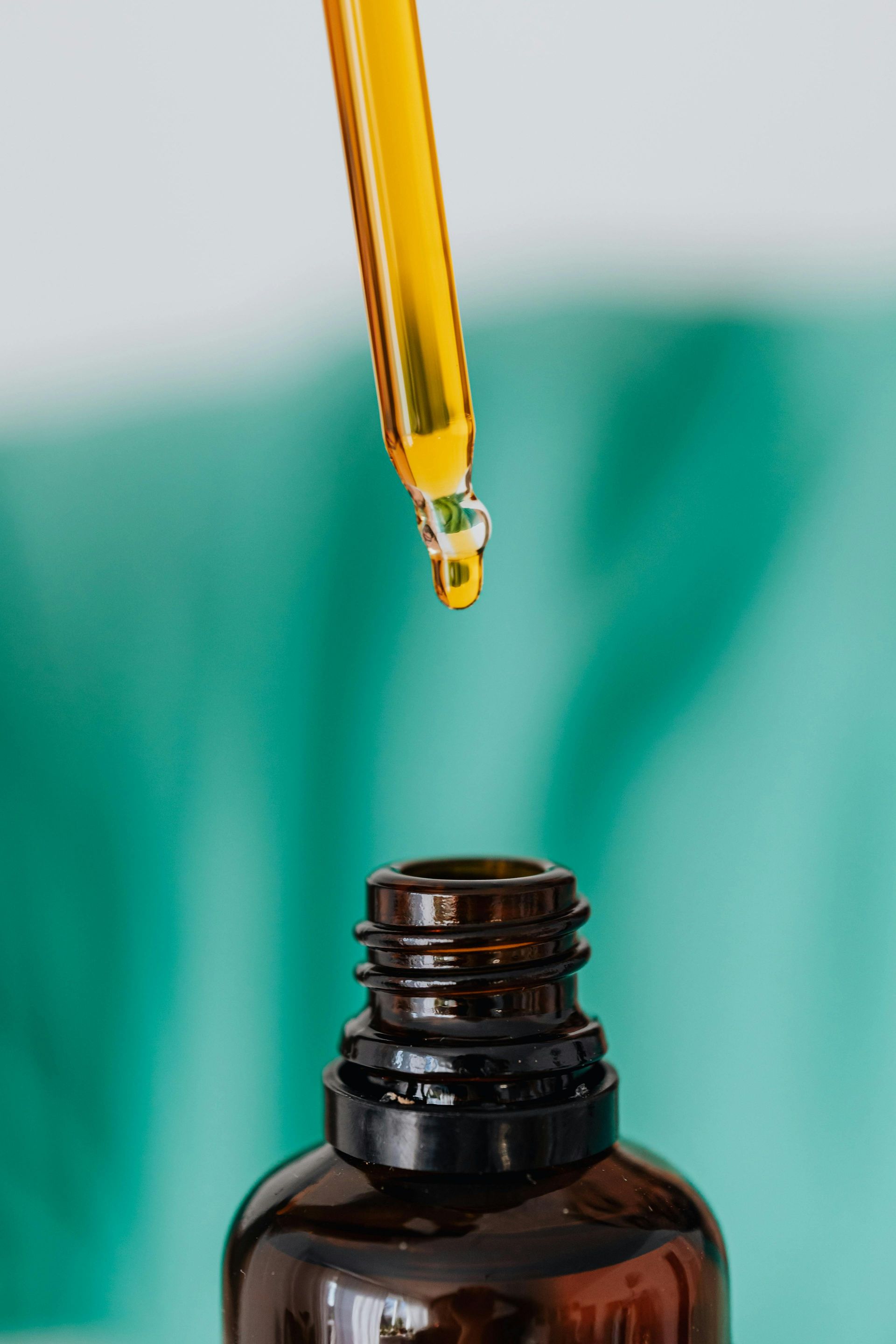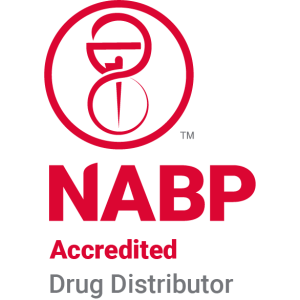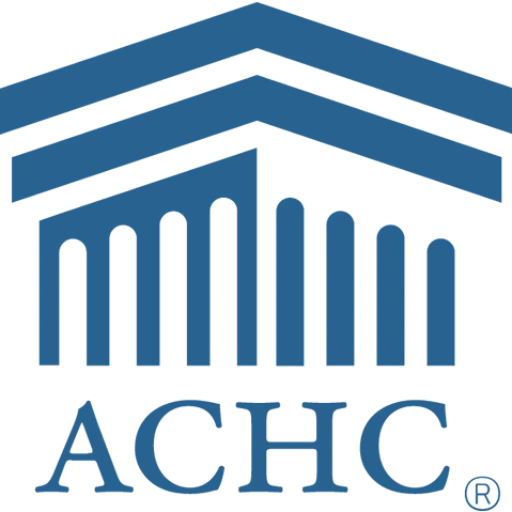The Role of Pharmacists in TPN Preparation and Monitoring
Introduction
Total Parenteral Nutrition (TPN) is a life-saving therapy for patients unable to absorb nutrients through the gastrointestinal tract. Pharmacists have a significant role in ensuring the safe preparation and administration of TPN, helping to optimize patient outcomes through precise nutritional management and collaboration in Nutrition Support Teams (NSTs). This article explores the responsibilities, challenges, and advancements in pharmacist roles in TPN preparation and monitoring.
Essential Responsibilities of Pharmacists in TPN Preparation
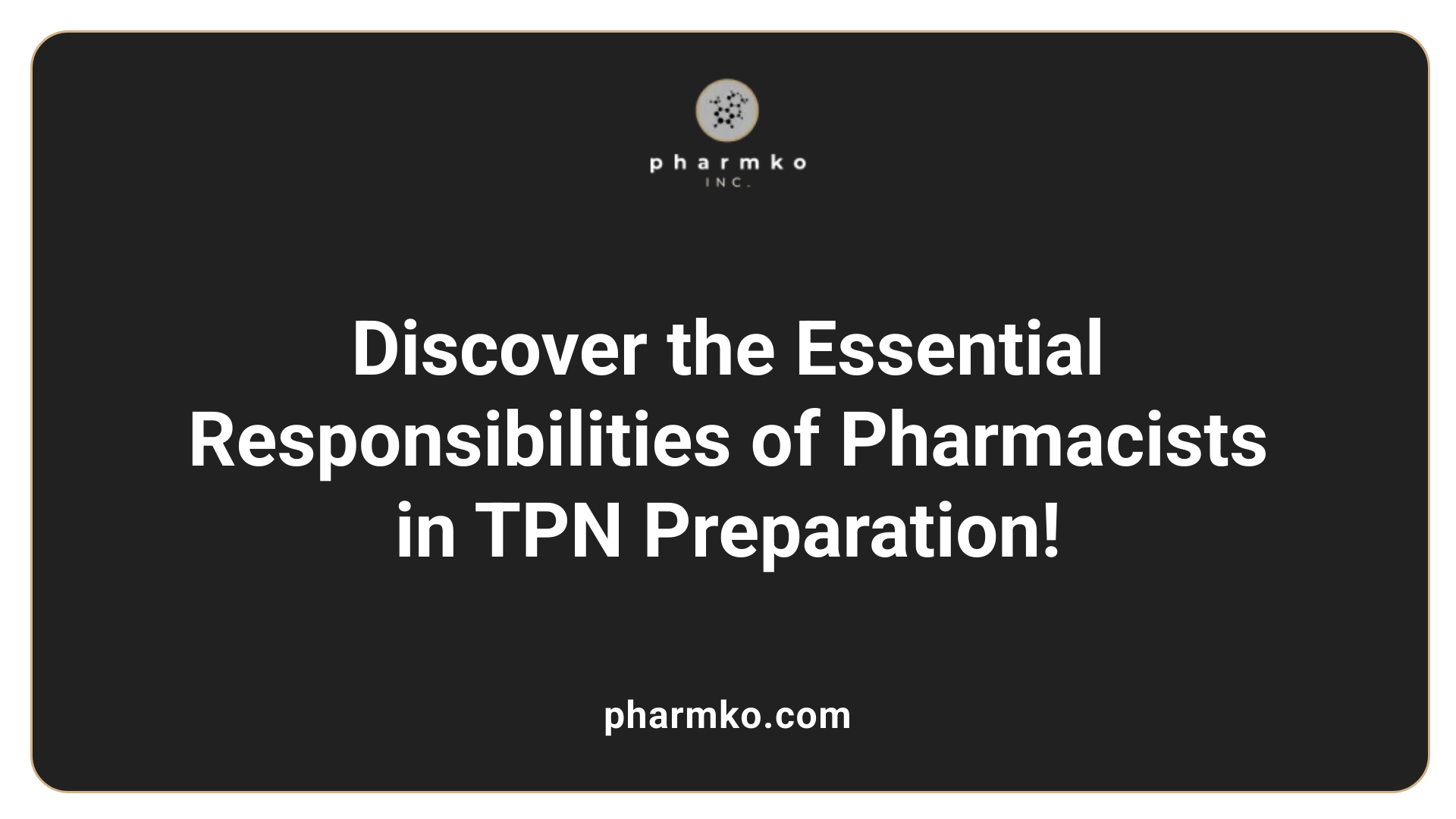
What is the role of a pharmacist in Total Parenteral Nutrition (TPN)?
Pharmacists have various roles in Total Parenteral Nutrition (TPN), including:
- Compounding TPN Formulations : Pharmacists ensure the safe and accurate preparation of TPN solutions by following strict aseptic techniques. This involves combining various nutrients into a sterile environment to maintain quality and prevent contamination.
- Designing TPN Regimens : They assess the individual nutritional needs of patients and develop tailored TPN plans after reviewing clinical indicators and lab results.
- Monitoring Patients : Pharmacists are responsible for evaluating the patient's responses to TPN therapy, making adjustments as necessary, and monitoring for complications like electrolyte imbalances or drug-nutrient interactions.
- Educating Home TPN Patients : They provide valuable education to both patients and caregivers regarding the management of TPN therapy at home, ensuring a better understanding of nutritional support.
- Verification of Prescription Accuracy : Pharmacists scrutinize TPN orders entered into electronic health records, ensuring everything aligns accurately with physician prescriptions before compounding.
Quality Control Measures
Effective quality control is paramount in TPN preparation. Pharmacists:
- Check Each TPN Bag for Accuracy : They verify that the compound adheres to the physician's original orders, ensuring distribution of the correct nutritional components.
- Use Standard Operating Procedures : Adherence to established guidelines for compiling TPN solutions enhances safety and reduces the potential for medication errors.
| Role | Task | Outcome |
|---|---|---|
| Compounding | Aseptic preparation of TPN | Ensures sterility and safety |
| Verification of orders | Double-check physician's orders | Prevents errors in nutritional delivery |
| Monitoring | Patient evaluations | Optimizes patient outcomes |
Engagement of pharmacists in these fundamental responsibilities demonstrates their critical role in ensuring safe and effective Total Parenteral Nutrition administration.
Guidelines for Effective TPN Therapy

What guidelines should pharmacists follow in TPN therapy?
Pharmacists play an essential role in ensuring that Total Parenteral Nutrition (TPN) therapy is safe and effective. To achieve this, they should adhere to a set of structured guidelines, which include:
-
Tailored Nutritional Formulations : Each TPN formulation must be customized to meet the specific nutritional needs of the patient. This involves careful adjustments of components such as amino acids, dextrose, and lipid emulsions.
-
Monitoring Complications : Pharmacists should rigorously monitor patients for potential complications, particularly in high-risk groups. Conditions like hyperglycemia and refeeding syndrome can occur, especially in malnourished patients. Close monitoring is essential during the initiation phase of TPN therapy.
-
Regular Laboratory Checks : Following guidelines established by the American Society for Parenteral and Enteral Nutrition (ASPEN) is critical. Regular monitoring of serum electrolytes and liver function tests ensures optimal therapeutic responses and identifies complications early.
-
Collaboration within Healthcare Teams : Pharmacists must work collaboratively within an interprofessional team, which often includes dietitians and nursing staff, to facilitate comprehensive patient care. Communication and teamwork enhance management strategies and improve patient outcomes.
Incorporating these guidelines into TPN therapy management can greatly improve the quality of care provided to patients requiring nutritional support.
Comprehensive Monitoring for TPN Patients
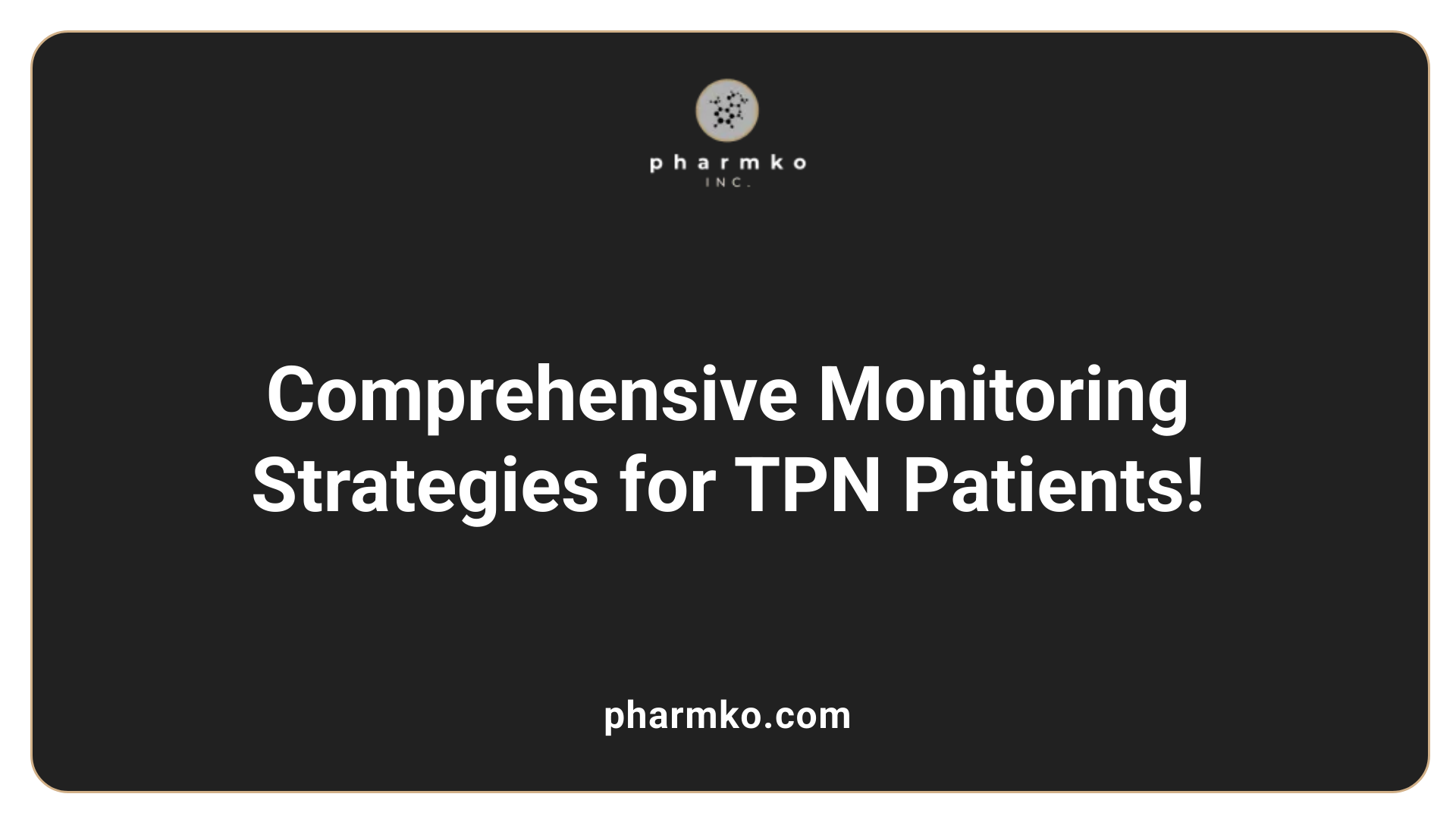
What monitoring is required for a patient receiving TPN?
Monitoring for a patient receiving Total Parenteral Nutrition (TPN) is crucial to ensure safety and effectiveness. Here's how monitoring typically unfolds:
Initial Monitoring Practices
- Vital Signs: These should be monitored 3 to 4 times a day to detect any changes.
- Blood Glucose Levels: It's essential to check blood glucose every 6 hours, especially in the early stages of TPN therapy.
- Weight: Daily weight checks help track any fluid retention or changes in nutritional status.
As the patient stabilizes, the frequency of these checks can be adjusted:
- Vital Signs : Shift to daily checks.
- Glucose Measurements : Continue daily monitoring.
- Weight Checks : Reassess every twice a week.
Importance of Laboratory Tests
Laboratory tests play a pivotal role in assessing organ function and monitoring electrolyte levels. Initially, more frequent testing is recommended:
- Electrolyte Levels : Regularly assess to prevent imbalances, a common risk when starting TPN.
- Organ Function Tests : Evaluate liver and kidney function to ensure the safe administration of TPN.
- Intake and Output Documentation : Daily tracking is crucial to monitor for fluid overload and ensure proper nutritional absorption.
This structured monitoring approach aligns with best practices recognized by professional bodies like the Infusion Nurses Society, ensuring early identification of complications associated with TPN.
Pharmacists' Role in Nutrition Support Teams (NSTs)

What role do pharmacists play in a Nutrition Support Team (NST)?
Pharmacists hold a vital position within Nutrition Support Teams (NSTs) aimed at optimizing parenteral nutrition (PN) therapy. They are primarily responsible for identifying patients at risk of nutritional deficiencies and advising on the development of individualized PN formulations. Their expertise ensures that the compounded nutritional solutions meet the established safety and compatibility standards, integrating considerations for drug-nutrient interactions.
Collaboration with healthcare professionals
The success of TPN therapy relies heavily on collaboration among healthcare professionals. Pharmacists work closely with physicians, nurses, and dietitians to coordinate the comprehensive care of patients receiving parenteral nutrition. They are integral in ensuring all aspects of nutritional support are addressed, from verifying the accuracy of prescriptions in electronic health records to monitoring patient responses to therapy. This teamwork fosters a multidisciplinary approach that enhances patient outcomes through effective communication and knowledge sharing.
Pharmacist interventions and patient outcomes
The involvement of pharmacists in NSTs significantly impacts patient care. Their interventions, such as adjusting nutritional components based on lab results and dietary needs, can lead to improved nutritional statuses and reduced complications associated with PN therapy. For instance, by regularly reviewing patients’ electrolyte levels and baseline blood work, pharmacists can identify risks like refeeding syndrome, thus preventing serious health issues. The collaborative nature of their work ensures a higher standard of care, making pharmacists indispensable in the management of patients requiring nutritional support.
| Roles of Pharmacists in NSTs | Key Responsibilities | Impact on Patient Outcomes |
|---|---|---|
| Nutritional Assessment | Evaluating patients' nutritional needs | Tailored nutritional plans improve health |
| Compounding PN Solutions | Ensuring safe and sterile preparation of PN | Reduces risk of complications |
| Patient Monitoring | Daily and weekly adjustments based on feedback | Enhanced recovery and lower readmission rates |
| Interdisciplinary Collaboration | Working with dietitians and doctors | Comprehensive care improves patient safety |
Assessing and Managing TPN Formulations
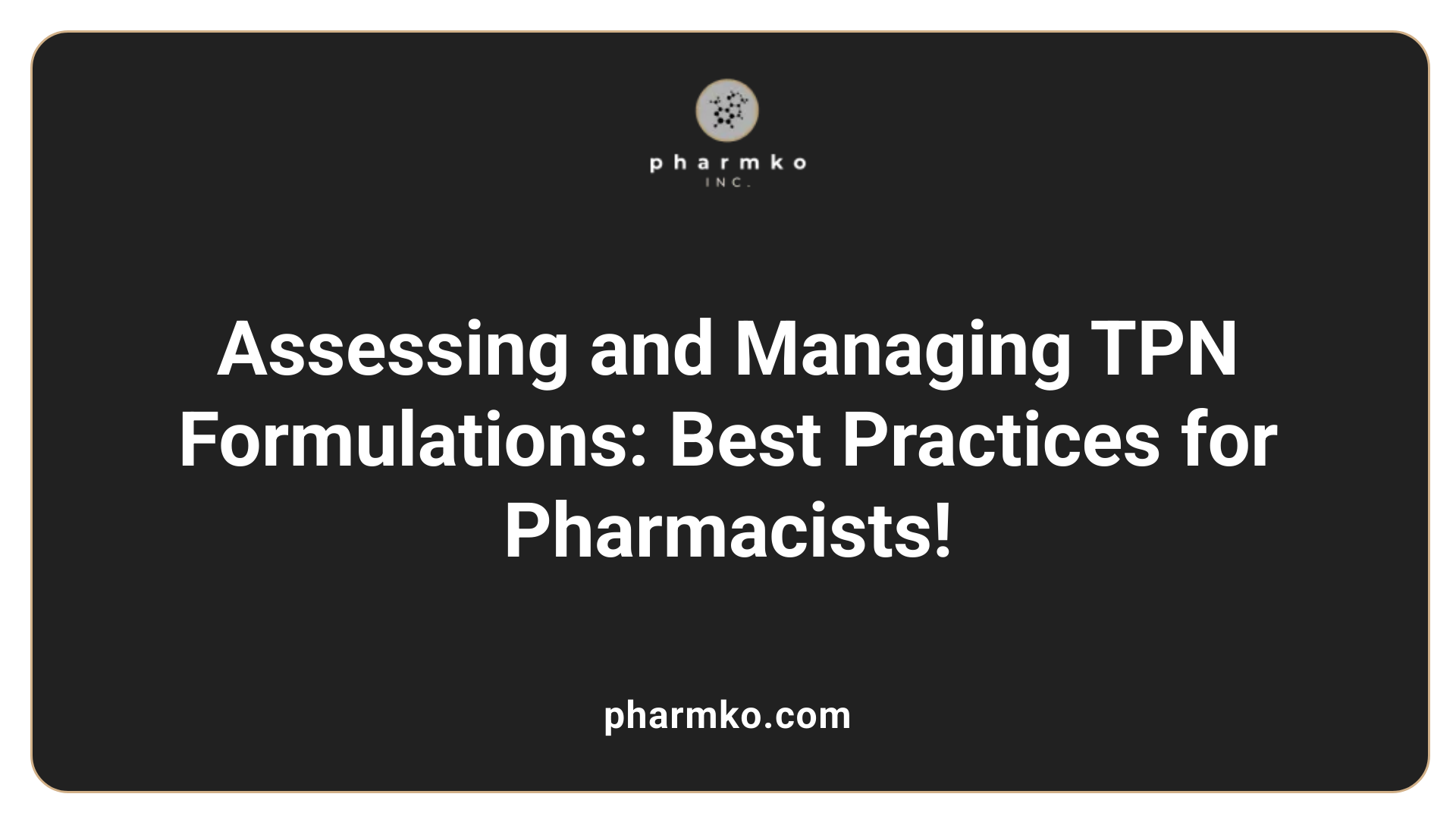
How do pharmacists assess nutritional needs and manage TPN formulations?
Pharmacists assess nutritional needs and manage Total Parenteral Nutrition (TPN) formulations by evaluating key patient-specific factors. This typically includes reviewing laboratory values, clinical conditions, and the overall nutritional status of each patient. Their expert knowledge ensures that patients receive optimal nutritional support tailored to their individual needs.
In the TPN process, pharmacists follow established standard operating procedures to guarantee the accuracy and safety of TPN preparations. Critical tasks include compounding the appropriate mixtures while ensuring sterility and stability, which is essential for patient safety. Additionally, they play a vital role in verifying the compatibility of various additives in TPN solutions, particularly with calcium and phosphate, to prevent complications during therapy.
Collaboration is another essential aspect of managing TPN. Pharmacists work closely with Nutrition Support Teams (NSTs), fostering improved communication across healthcare disciplines. This teamwork enhances patient outcomes, as pharmacists can address challenges such as staffing and resource limitations within the TPN management process.
Training and continuous education are fundamental to pharmacists' success in managing TPN. By developing their competencies in this area, they can directly care for patients, offer consultations, and adjust formulations based on ongoing patient assessments. Their proactive involvement in TPN not only enhances the quality of care provided but also mitigates potential nutritional therapy complications.
Conclusion
Pharmacists are indispensable in the realm of Total Parenteral Nutrition, bringing expertise and precision to nutritional therapy. By adhering to robust guidelines, engaging in comprehensive monitoring, and fostering interdisciplinary collaboration, pharmacists enhance the safety and efficacy of TPN. As the field continues to evolve, so too must the roles of pharmacists, with ongoing education and integration into nutrition support teams being paramount. This evolving role is crucial for optimizing patient care and advancing nutritional support therapies.
References
- ROLE OF PHARMACISTS IN PROVIDING NUTRITIONAL SUPPORT ...
- [PDF] TPN BASICS FOR THE HOSPITAL PHARMACIST
- [PDF] Parenteral Nutrition Pharmacy - Stony Brook Medicine
- (PDF) Role of pharmacists in providing parenteral nutrition support
- Developing the Pharmacist's Role in Monitoring Total Parenteral ...
- [PDF] Role of pharmacists in providing nutritional support team (NST) in ...
- Pharmacist administered parenteral medications: A descriptive ...
- PS-010 Role of pharmacist in preventing Drug-Related Problems ...



